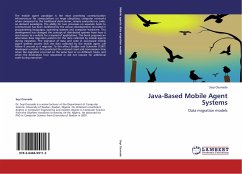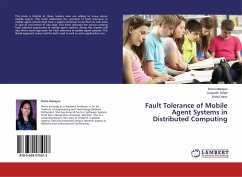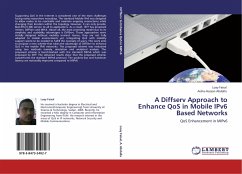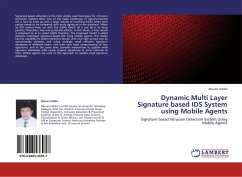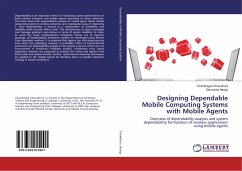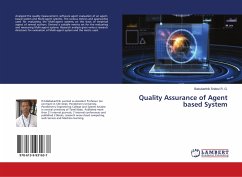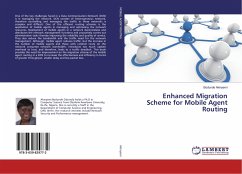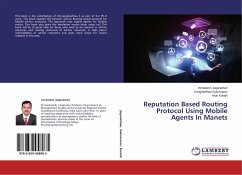The mobile agent paradigm is the most promising communication infrastructure for computations on large ubiquitous computer networks when compared to the traditional client-server, remote evaluation or code-on-demand paradigms. The ability for two processes on separate hosts to communicate has been facilitated by the various developments recorded in programming languages, operating systems and computer hardware. This development has changed the concept of distributed systems from how it was known to a vehicle for a myriad of applications. This book proposes an alternative data migration pattern for the data collected by mobile agents during migration. The migration of data and code in Java-based mobile agent systems assume that the data collected by the mobile agent will follow it around as it migrates. To this effect Stra er and Schewhn (1997) developed a model, that predicted the network load and transmission time when the migration occurred on the same host or on different hosts; and when the destination host requested or did not request for additional code during execution.
Bitte wählen Sie Ihr Anliegen aus.
Rechnungen
Retourenschein anfordern
Bestellstatus
Storno

